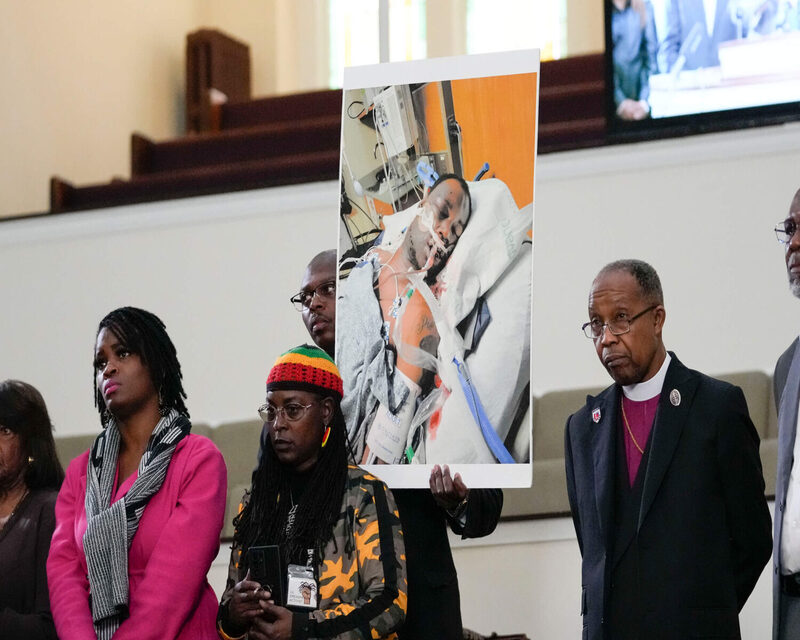Tyre Nichols’ death sparks protests
On Jan. 7, five Memphis police officers fatally beat Tyre Nichols, a 29-year old Black man, after he was detained for reckless driving. On the 26th, all five officers were fired and charged with various felonies including second-degree murder. One day later, Memphis released footage of the incident to the public, disclosing specific details of the violence. The angry public led multiple demonstrations against police brutality in Memphis and many other cities.
“I remember reading from the Times that he was less than 100 meters away from his mom’s house trying to evade the police,” Philip Hahm (12), avid follower of political news, said. “There has been a prolonged history with police brutality in the U.S., so this case personally saddened me.”
Protests in Memphis grew bigger in downtown parks and streets, shutting down Interstate 55 over the Mississippi River between Memphis and West Memphis. In other parts of the city, churches were filled with people reflecting upon the killing of Nichols. These protests also spread to other parts of the country, with large crowds of protesters gathering in Times square and the LAPD headquarters. There have been smaller demonstrations in Washington D.C., Atlanta, Seattle, and Detroit as well.
“I was able to reflect upon how prevalent these types of cases are,” Jared Rock, active American news follower, said. “It is almost expected that every or every other month will see some high profile police beating in the news. It is hard to react at this point because we have become so numb to the problem. Events like the beating of Tyre Nichols have become so normalized that it’s shameless. Perhaps, police brutality has become so widespread due to how police are trained or undertrained.”

Jack is a senior reporter in Tiger Times. He loves to listen to lo-fi music, but his tastes for music frequently change. During his off-time, he likes...

